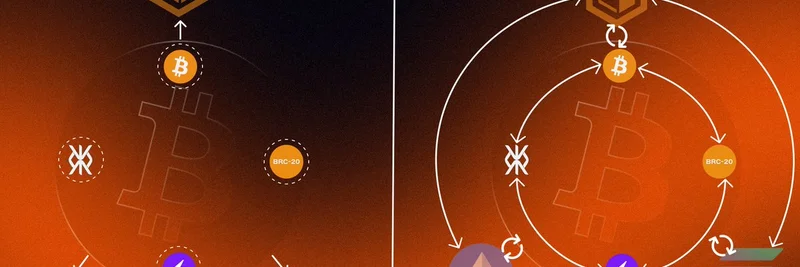Hey there, crypto enthusiasts! If you’ve been keeping an eye on the Pi Network lately, you might have stumbled across a buzzing thread on X from BSCNews that’s got everyone talking. Posted on August 3, 2025, at 05:15 UTC, the tweet poses a thought-provoking question: Is Pi Network’s KYB (Know Your Business) process a critical step for user safety, or could it be a barrier to adoption? Let’s break it down together and see what’s really going on!
What’s the KYB Process All About?
First things first, let’s clarify what KYB means. It stands for "Know Your Business," a verification process designed to check the legitimacy of businesses wanting to join Pi Network’s ecosystem. Unlike KYC (Know Your Customer), which verifies individual users, KYB focuses on companies, ensuring they’re legit, compliant with regulations, and safe to interact with. According to Pi Network’s official KYB page, this step helps prevent fraud and builds trust—pretty important in the wild world of crypto!
The tweet comes with a slick image showing modern buildings overlaid with the Pi Network logo, hinting at the professional vibe of this process. Check it out:
This visual ties into the idea that KYB is about bringing structure to Pi’s growing blockchain community.
Why Is KYB a Big Deal?
So, why should businesses care about jumping through this KYB hoop? For starters, it opens doors to Pi’s Open Mainnet, where verified businesses can use the Pi Mainnet Wallet to handle transactions. This wallet is a game-changer, letting companies connect directly with Pi’s millions of users. Plus, once verified, businesses get listed on Pi’s KYB Entity page, giving them a spotlight to attract customers.
But it’s not just about perks—KYB also acts as a safety net. By ensuring only legit businesses get access, Pi Network reduces the risk of scams, which is a huge concern as the network scales. The BSCN article linked in the tweet dives deeper, explaining how KYB helps maintain compliance and supports the network’s vision of a secure, decentralized economy.
The Debate: Safety vs. Adoption
Here’s where things get interesting. The X thread suggests a split opinion. On one hand, KYB could be a lifesaver, protecting users from shady operators—especially since Pi’s Open Mainnet is now live. On the other hand, some might see it as a hurdle. The verification process can be time-consuming, and for smaller businesses, it might feel like a barrier to entry. Could this slow down Pi’s goal of mainstream adoption?
Take the example from the thread: apps like Zypto App have already gone through KYB but faced delays in getting updated on Pi’s pages. This lag could frustrate businesses and users alike, potentially stalling growth. Yet, the presence of big names like OKX and Bitget on the KYB list shows that major players are willing to play by the rules, which could boost confidence.
What’s Next for Pi Network?
Looking ahead, KYB seems poised to shape Pi Network’s future. As more businesses join the ecosystem, this process could pave the way for innovative DeFi applications and partnerships. The BSCN guide suggests that KYB will be key to scaling safely, especially with unconfirmed reports of entities like Pi Bridge and Teltlk already benefiting.
For now, the debate continues. Is KYB a shield against chaos or a gatekeeper slowing progress? It might depend on how smoothly Pi Network irons out the kinks. If you’re a business eyeing Pi, it’s worth checking out their official resources to weigh the pros and cons.
Join the Conversation!
What do you think about Pi Network’s KYB process? Is it a must-have for safety, or could it hold back adoption? Drop your thoughts in the comments below—we’d love to hear from you! And if you’re into meme tokens or the latest blockchain trends, stick around at Meme Insider for more juicy updates. Happy exploring!




